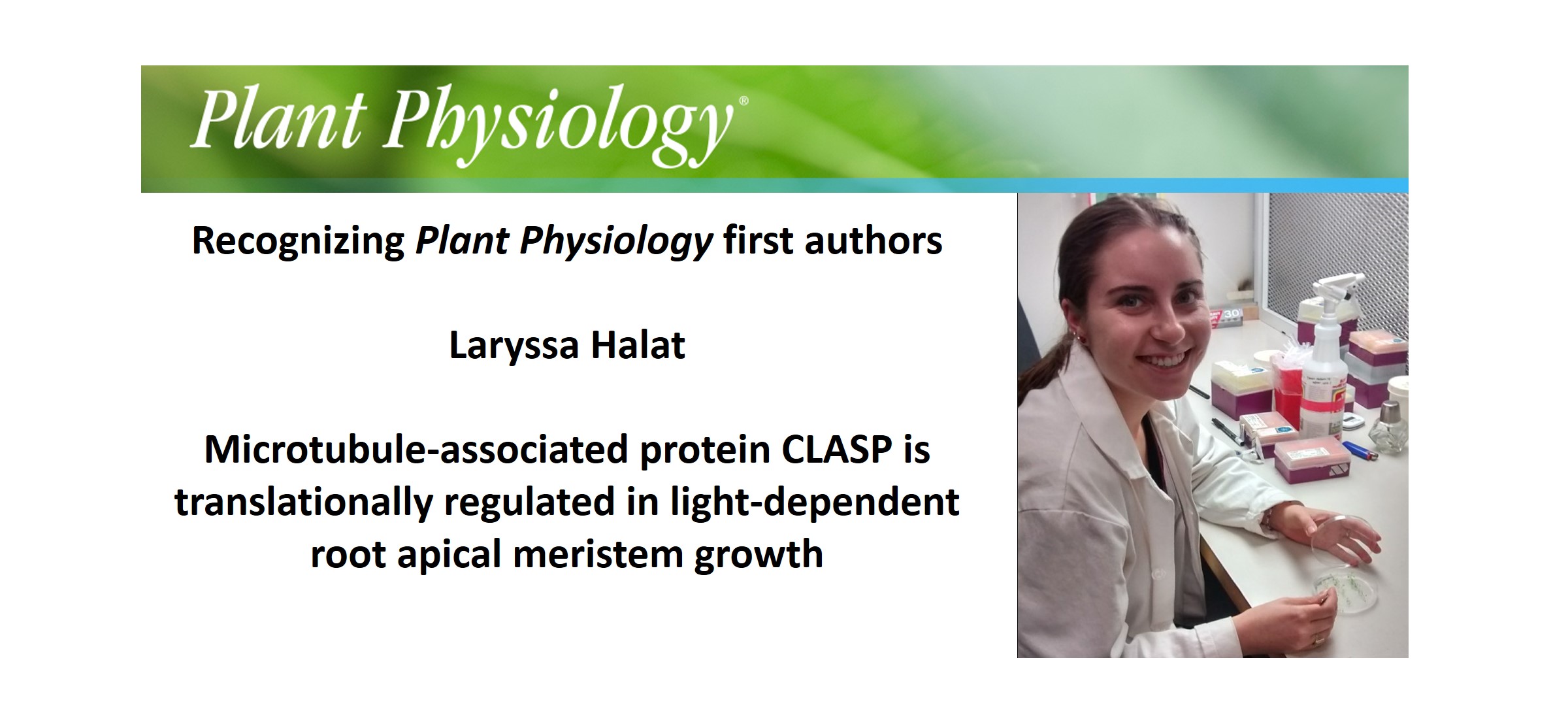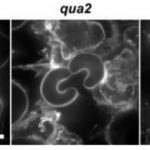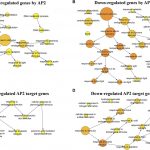Recognizing Plant Physiology authors: Laryssa Halat
 Laryssa Halat, first author of Microtubule-associated protein CLASP is translationally regulated in light-dependent root apical meristem growth
Laryssa Halat, first author of Microtubule-associated protein CLASP is translationally regulated in light-dependent root apical meristem growth
Current Position: PhD Candidate at the University of British Columbia
Education: BSc with Honours in Cell and Molecular Biology, St. Francis Xavier University
Non-scientific Interests: running, yoga, hiking, travelling
Brief bio: For as long as I can remember, I have always wanted to be a research scientist. My fascination with biology began as a young teenager doing (sometimes crazy) science fair experiments in my backyard, which motivated me to complete my BSc with Honours at St. Francis Xavier University in Nova Scotia. Here, I upgraded from doing science in my backyard to conducting experiments at the lab bench as an Honour’s student under the supervision of Drs Moira Galway and David Garbary. This experience studying an ecologically important brown alga was the perfect hybrid of conducting field work at the macro scale and studying cell division and cell wall development at the micro scale. I eventually decided to travel across the country to begin graduate school with Dr. Geoff Wasteneys at the University of British Columbia. For my PhD, I am studying a very important question that plants are faced with at various stages of their lives – when is it important to grow? My work focuses on the development of the root meristem and how external stimuli are integrated with internal hormone signalling networks and microtubule-associated proteins to orchestrate root growth under changing circumstances. In our most recent paper published in Plant Physiology, we found a difference of night and day between root meristem growth in the light and dark. Together with a talented undergraduate student, we discovered that a microtubule-binding protein called CLASP is regulated at the translational level when root growth is repressed in the dark. Ultimately, being a research scientist is inspiring to me because I am motivated by the challenge of solving a difficult problem, yet always humbled by how much I still don’t know.



